Free book! & Science into Practice #128 Applying the 3Rs to zoos and aquariums
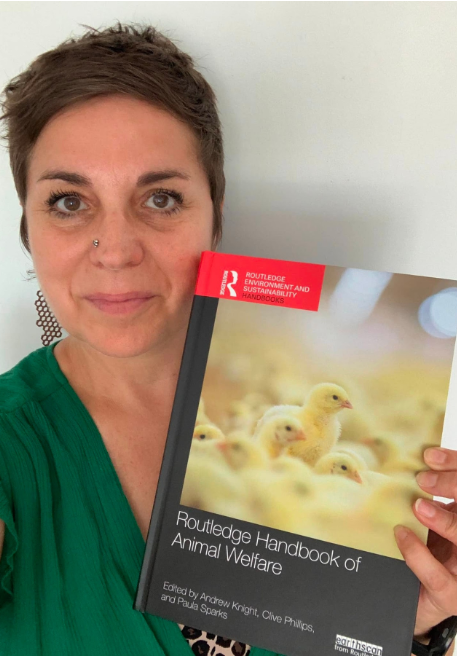
Routledge Handbook of Animal Welfare
UPDATE - EBOOK IS NOW FREE! Sabrina Brando is delighted to have 2 chapters featured in this brand new textbook alongside 49 other authors, friends and colleagues in the field of animal welfare 📖 1 on fishes 🐟🐠 and 1 on marine mammals 🐬🦭🦦 Thank you Dr Andrew Knight & co-editors for the invitation and all the work editing this significant volume.
For more information and order your hardcopy and or download the FREE EBOOK click HERE

Another Science into Practice is available on the PAWS platform!
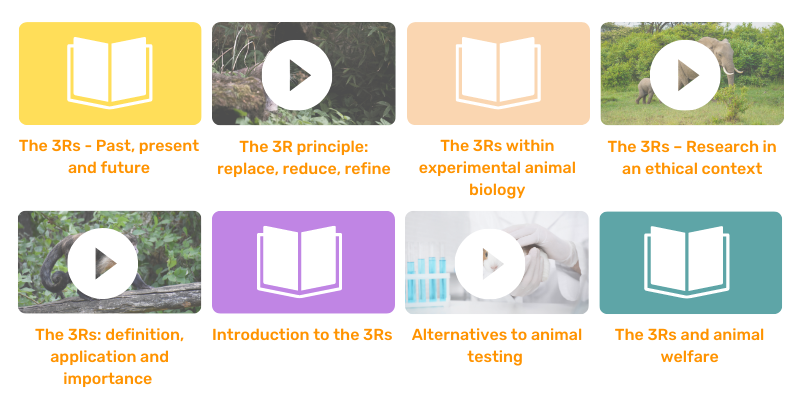
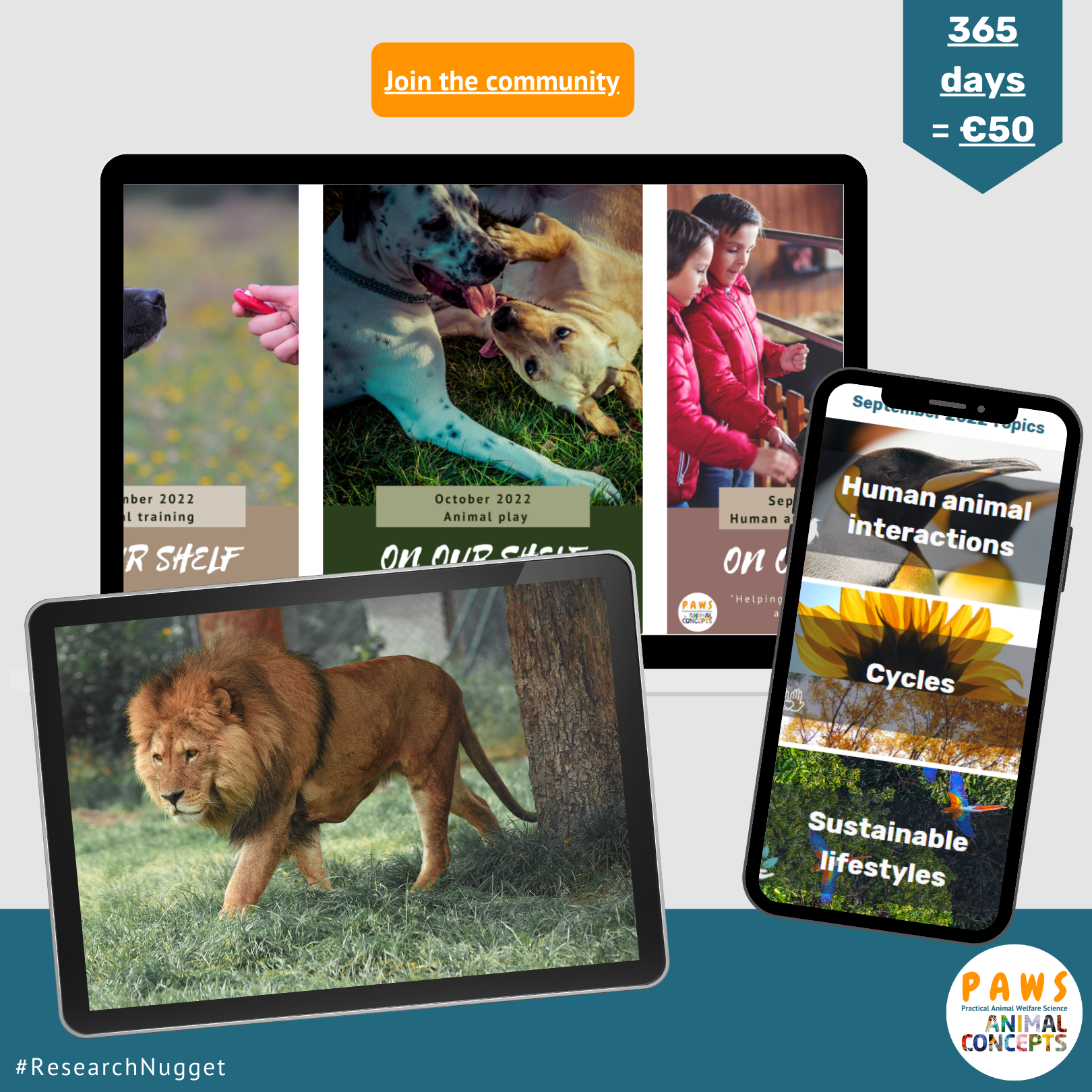 Want to learn more? Sign Up HERE
Want to learn more? Sign Up HERE
Podcast ATA - Science into Practice #127 Animal perspectives - New fish welfare report
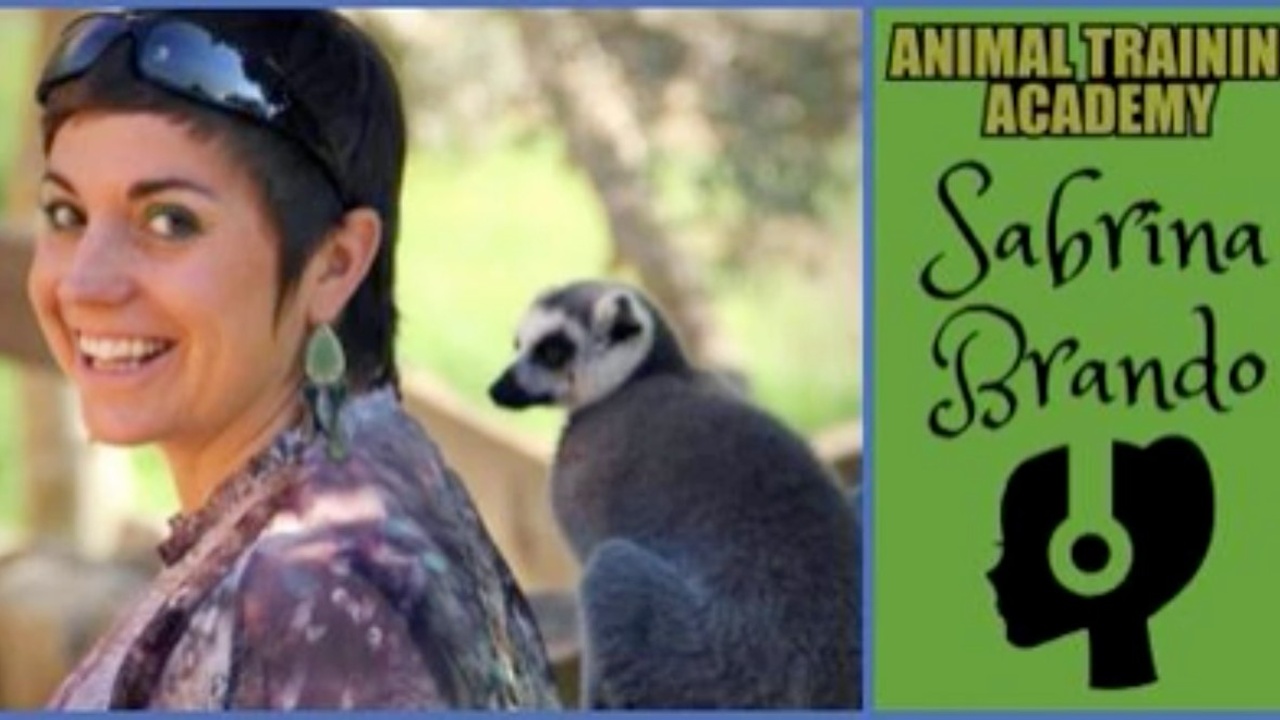
Check out the podcast recording with Ryan Cartlidge from the Animal Training Academy with Sabrina Brando recorded back in 2019. You can listen to it with your favourite player, and stay tuned for a new podcast they will record together in 2023! You can also access it HERE
Another Science into Practice is available on the PAWS platform!
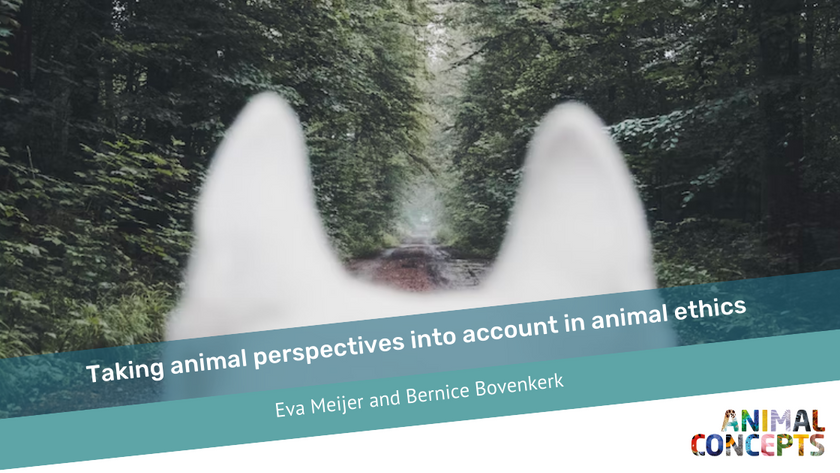
The article discusses the intricacies of human-animal interaction as a constant development of animal ethics. Instead of exclusively considering animals as creatures to think about, the authors highlight the importance of acknowledging their perspectives on life and communicating with them accordingly. The authors also state that it is key to communicate with different animal species in a way that they understand, this allows reciprocity as opposed to merely a one-way human-based interaction. Finally, they describe the concept of animal ‘agency’, as the manifestation of animals' capacity of choice, which has traditionally been overlooked.
Links to s...
Getting better all the time - Science into Practice #126 Domestic dogs grief
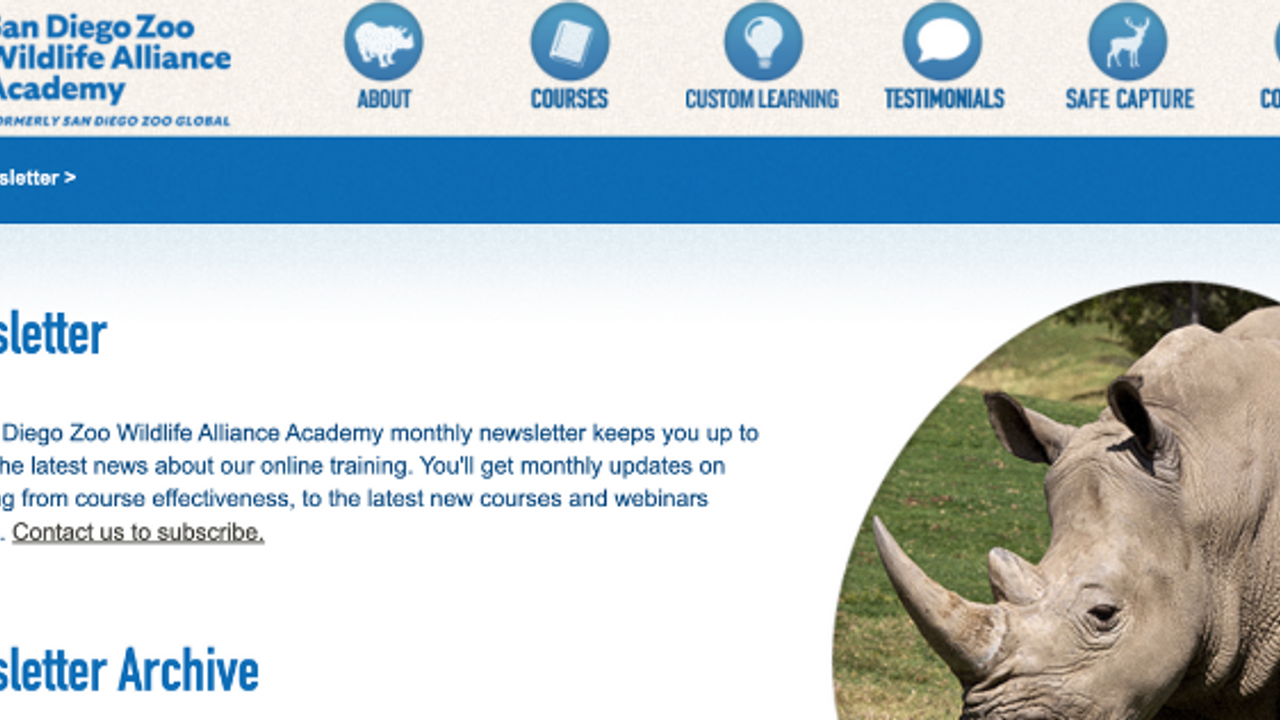
Getting Better All the Time: Making All the Difference in the World Starts with One Thought or Idea, One Action, and One Animal
This essay by James F. Gesualdi and Sabrina Brando originally appeared in the San Diego Zoo Global Academy Newsletter and was published on the WAZA website
To keep ahead, each one of us, no matter what our task, must search for new and better methods for even that which we now do well must be done better tomorrow. – James F. Bell
In devoting our lives to working on continuously improving animal welfare—and endeavouring to do so across the caring zoological profession (in zoos and aquariums) and throughout the world—we remain mindful of the starting place for such positive change. It always starts with one person, one thought or idea, one action, or one conversation, to make a change for one or more animals at a time. It may seem small, and the process may seem frustratingly slow to some, but it works and can be highly effective at producing change that is g...
Sneak Peak 2023 & Science into Practice #125 Wild animals in entertainment
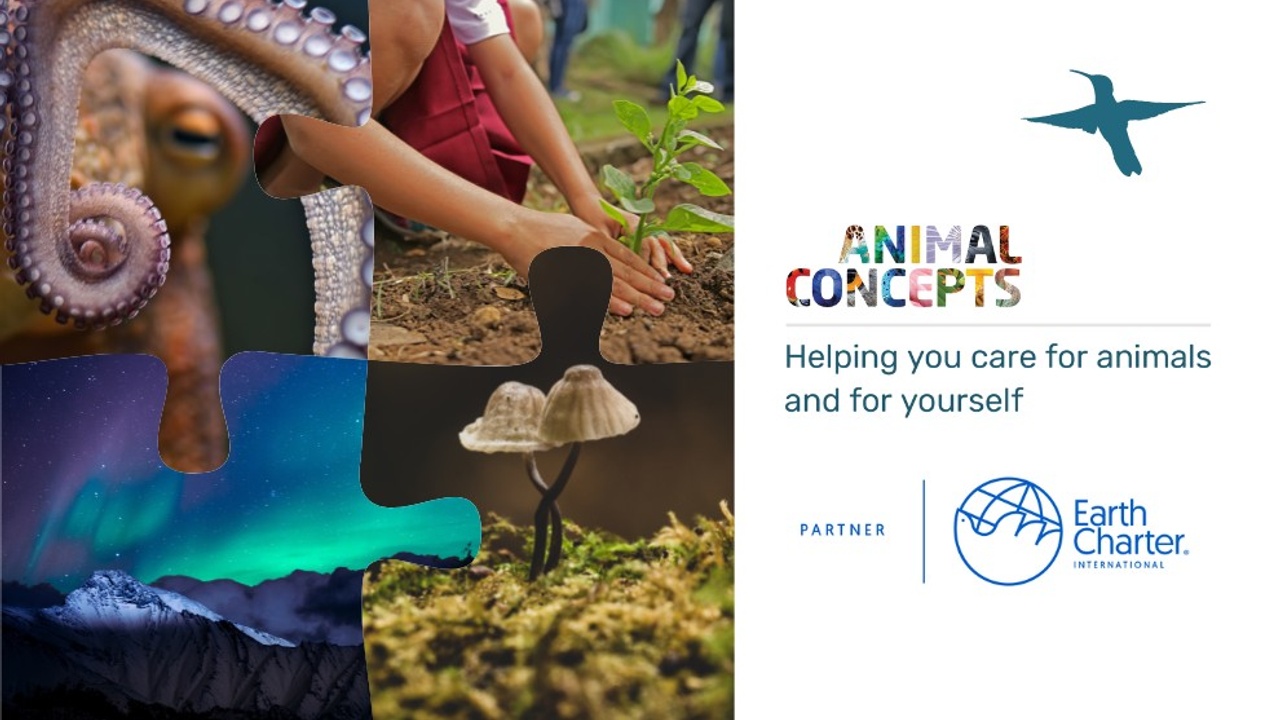
Sneak peek planning 2023
You gave us feedback on topics and resources, download the 2023 planning for the overview of the monthly TOPICS HERE or click on the picture below. The overarching theme of the year is TRANSFORMATIONAL LEADERSHIP. You are ready, let's go!
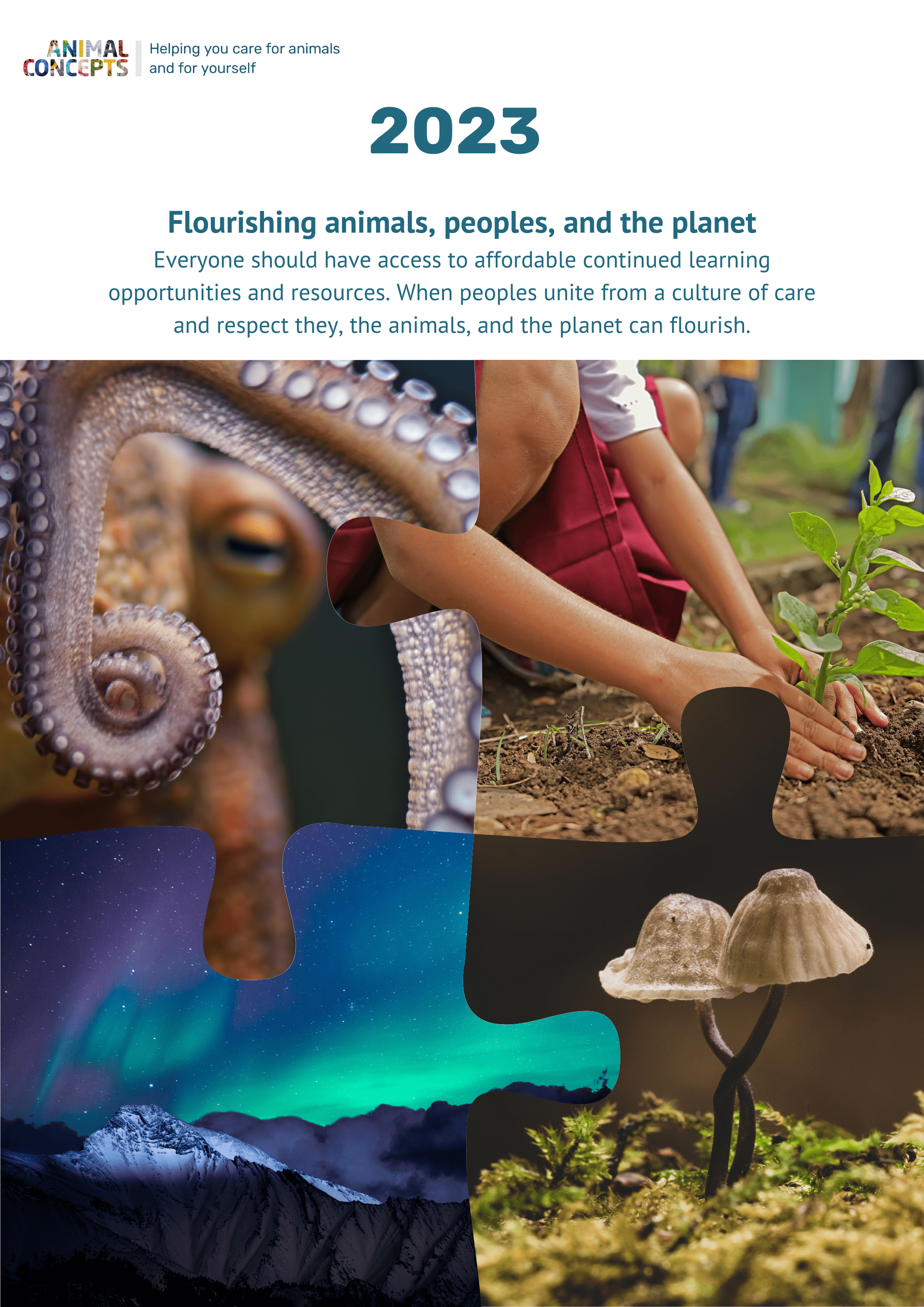
Catch Me a Colobus ZSL ABMA Behavior Month 2022
You can watch all kinds of presentations on the Animal Behavior Management Alliance YouTube Channel, check them out, if you feel inspired you can start with the one below or choose another from the channel's videos!
Catch me a Colobus! Habituation and training for a new development by Jim Mackie Animal Behaviour Management Officer and Jacob Winfield Senior Primate Keeper. This presentation tells the story so far…
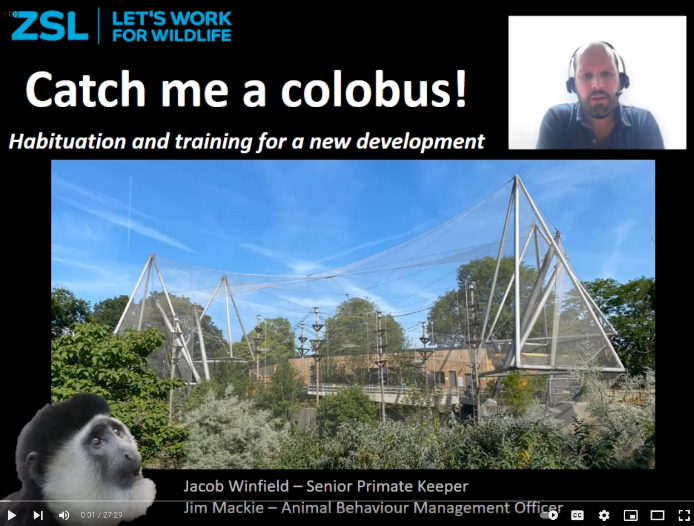
Another Science into Practice is available on the PAWS platform!

Links to some practical examples
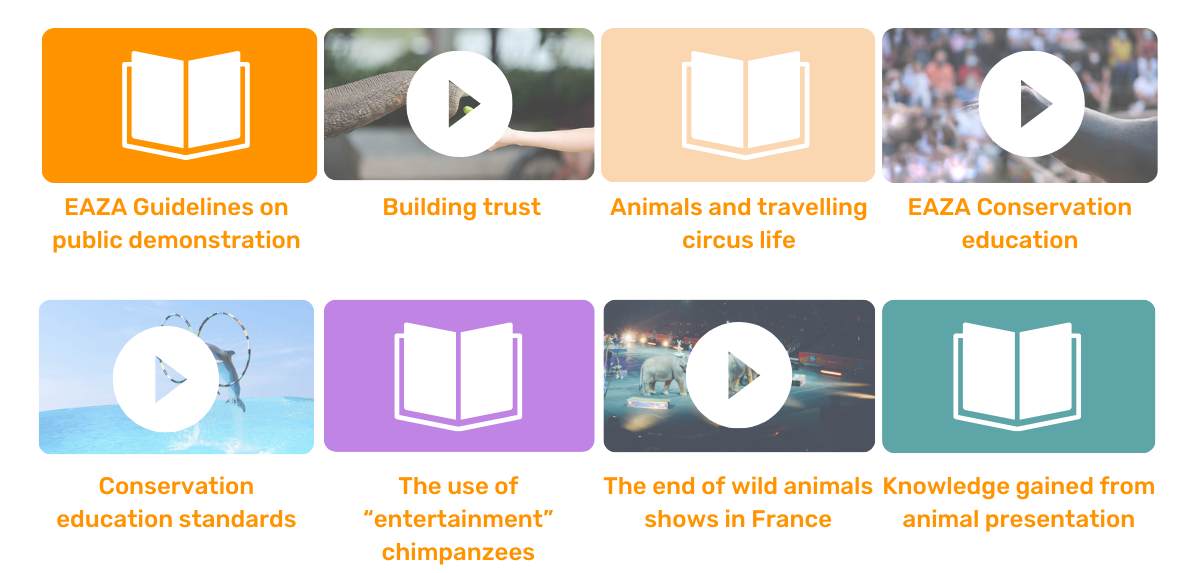
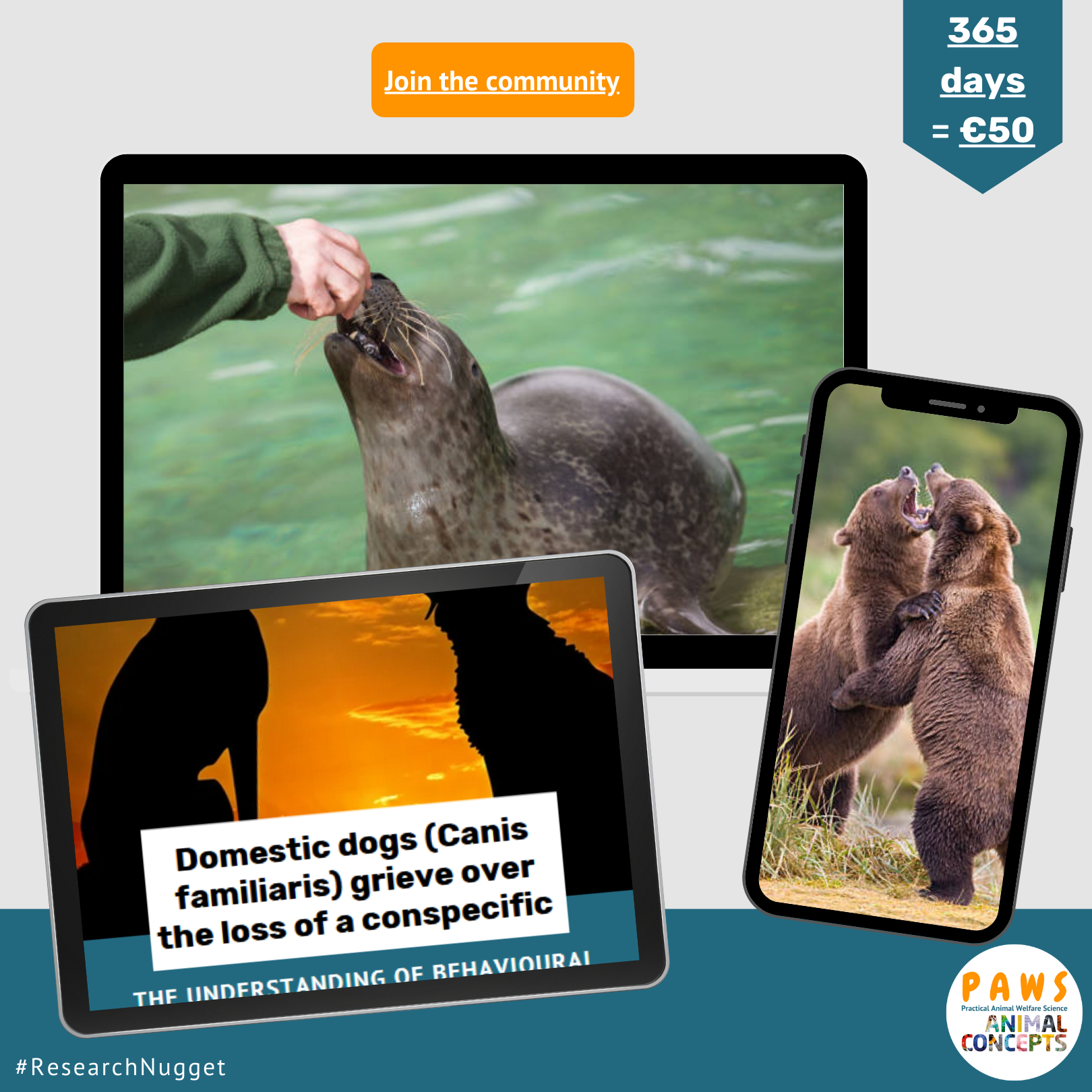 Want to learn more? Sign up HERE
Want to learn more? Sign up HERE
Science into Practice #120 The ethics of animal training procedures

While science and ethics are separate philosophical approaches, they are not mutually exclusive - ethics can and should drive science and vice versa. In other words, scientists and animal care practitioners should be involved in making ethical decisions and the ethics can be supported and facilitated by scientific observations and data. Animal training ethics are guided by a number of principles, such as any existing legislation surrounding the use of animals, training guidelines, and the opinions and experience of animal trainers. It is important that these guidelines are adaptable and flexible; as more data is collected through practice, animal welfare scientists and practitioners can continuously seek various methods of improving the living conditions of animals living in and out of human care.
Links to some practical examples
Ep90 Jes Harfeld on ethics, breaking down disciplinary boundaries, & the importance of finding out why we are thinking as we are thinking right now
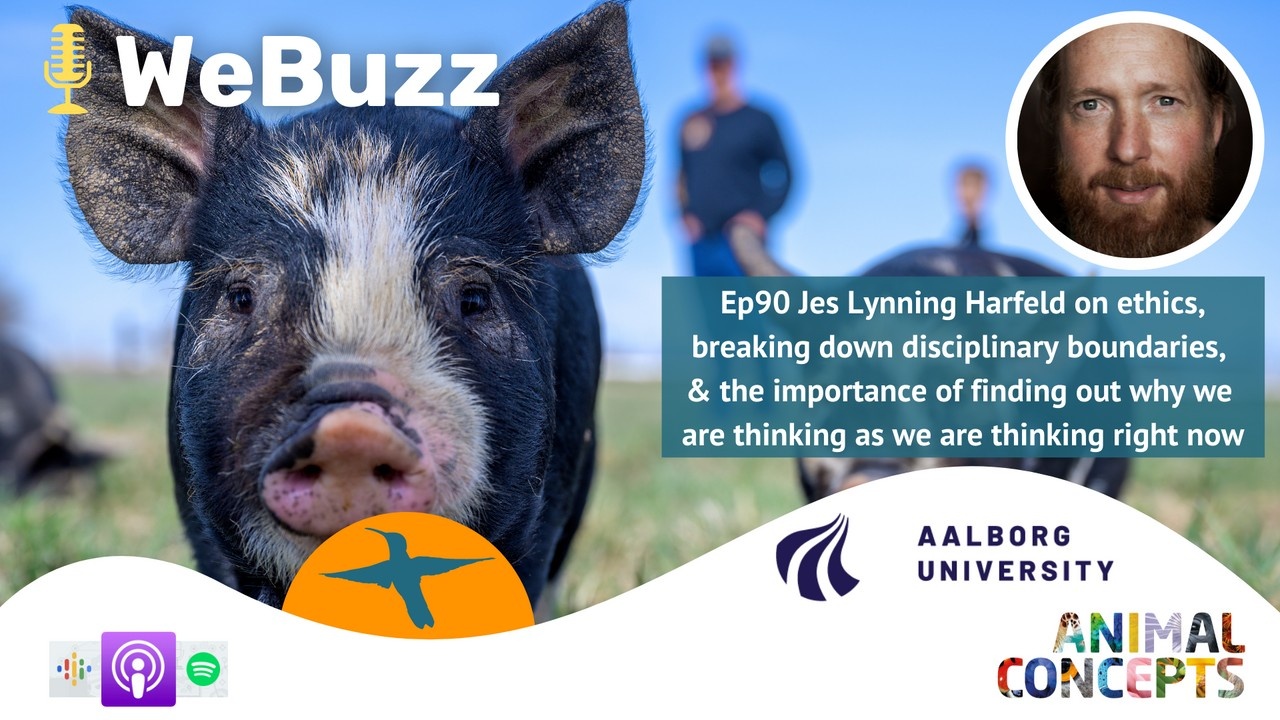
“I think one of the things we should do, and that I am experiencing more and more, is that, in order to think differently we have to look to the past, to find out why we are thinking as we are thinking right now”.
Let us welcome Jes Lynning Harfeld, an associate professor of applied ethics at the Centre for Applied Philosophy at Aalborg University, Denmark. Currently, his research focuses on the connections between animal welfare and ethics in the realm of human-animal interactions and the way that language interacts with thinking and character.
It was not until Jes’s PhD when he came across Peter Singer’s Animal Liberation, did he develop an interest in the ethical dilemmas regarding animal welfare. As such, he focused his thesis on the ethical dilemmas of modern agriculture. Querying, what it means to have a find and the different approaches of ethics and how it relates to animals. “Animal welfare understandings as types of interpretations, reading their signals then jumping to con...
Ep65 Lori Gruen on ethics of care, our relationships with other animals, entangled empathy, and attending to nature

Tune in for this Saturday's podcast to learn more about animal ethics, philosophy, our relationship to other animals, and empathetic engagement with the more than human world.
Lori Gruen is the William Griffin Professor of Philosophy and Professor of Feminist, Gender, and Sexuality Studies and Science in Society at Wesleyan University where she also coordinates Wesleyan Animal Studies. Her work lies at the intersection of ethical and political theory and practice, with a particular focus on issues that impact those often overlooked in traditional ethical investigations, e.g. women, people of color, incarcerated people, non-human animals. She is currently working to unpack carceral logics by thinking through a complex set of issues like dignity, self-respect, empathy, disposability, and hope and hopelessness.
Learn more about Lori Gruen HERE
Listen on your favourite player or directly HERE



